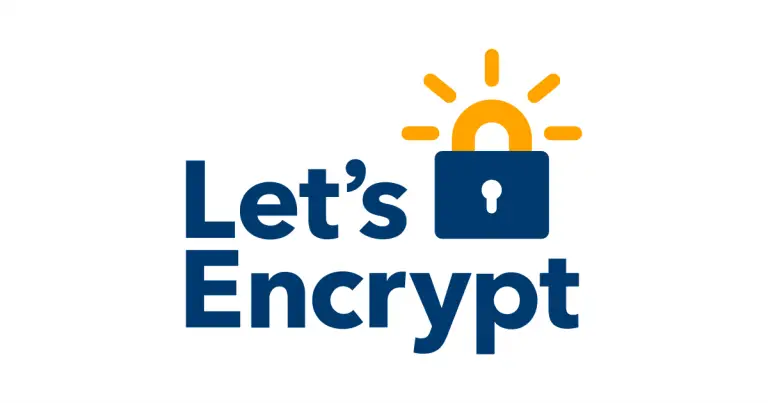
Previously, the Court of Milan in Italy issued an order compelling the internet service provider Cloudflare to block access to copyright-infringing websites. The court found that Cloudflare’s services—including its CDN, public DNS, WARP, and reverse proxy—facilitated the operation of illegal streaming platforms.
Initially, Cloudflare resisted compliance, arguing that enforcing DNS poisoning or denying hosting services to infringing websites would undermine its principle of neutrality. However, under threat of a daily fine of €10,000 for non-compliance, the company ultimately had no choice but to adhere to the court’s ruling.
According to Italy’s anti-piracy initiative, all domestic ISPs, VPN providers, DNS operators, web hosting companies, and other entities capable of enforcing blocks are now required to restrict access to pirated websites within 30 minutes of notification.
The list of offending sites is submitted by court-approved rights holders or their designated agents. This initiative has far-reaching implications beyond Cloudflare—companies like Google are also affected, as it operates the 8.8.8.8 public DNS service.
Previously, a copyright agency representing Italy’s Serie A league filed a lawsuit with the Milan court, accusing Google of failing to comply with a blocking order issued by AGCOM, Italy’s communications authority. The agency alleged that Google not only ignored the directive but also neglected to take any action on websites previously flagged under the anti-piracy shield.
On March 11, the Milan court issued a new ruling mandating that all relevant internet access providers, including Google, must comply with the provisions of Law No. 93/2023. Thus, regardless of its stance, Google is now legally obligated to block pirated websites in accordance with the statute.
An AGCOM commissioner remarked that the court’s decision serves as a clear warning to Google—just as it did to Cloudflare—that no entity should inadvertently support criminal activities associated with piracy. While the path to full legal compliance remains long and arduous, these rulings represent fundamental strides forward.


